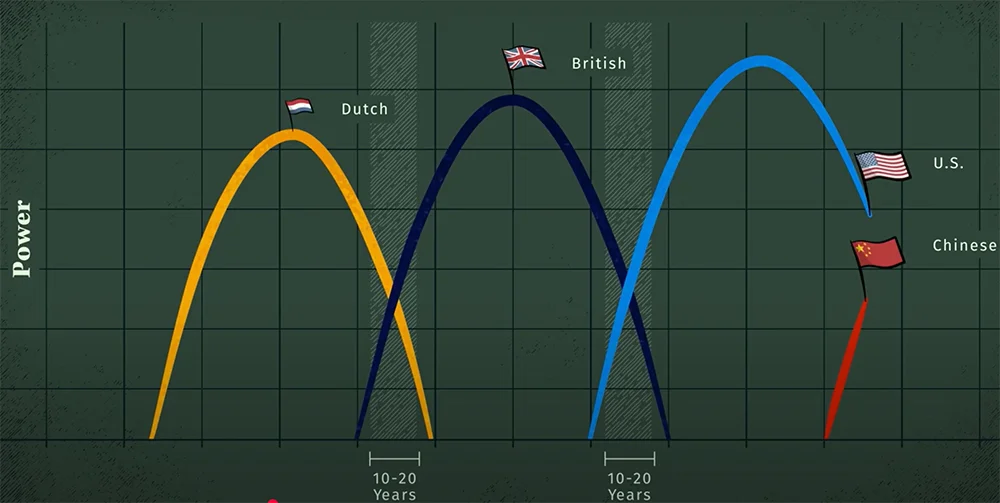Brexit and UK Property Now 2023
Believe it or not, since the 23rd June 2016 the brexit referendum in which a 58% majority of the UK population voted to leave the European Union. In the years that followed fiery political debate between Leave and Remain, the property market is no exception to changes in the ever-evolving economy for post-Brexit Britain. Let’s rewind back a few years and take a look at how Brexit initially impacted the property market.
Exceeding predictions
As with many other markets and businesses, the property market was widely predicted to experience a crash post-Brexit due to an air of uncertainty in our economic climate. However, this predicted crash was never materialised, although we saw a readjustment to counter confidence in the South East and London. The property market saw unexpected buoyancy all the way up to the pandemic, and showed only good news for homeowners worried about venturing into negative equity. Demand was exceeding supply and causing house prices to rise – a trend we’re still seeing today.
Development finance
The property market has always been a sure-fire way to secure a profit from investment, especially during times of economic uncertainty. The property market prevailed post-Brexit in offering stability and security for medium to long-term investments. Being widely recognised as the most reliable form of investment over the years has protected the market’s high activity rates, and property investors and developers were able to feel confident in their progression going forward.
Currency
Sitting at the forefront of the UK population’s concerns, the nation’s currency was predicted to fall significantly, which created uncertainty amongst investors as some feared that there would be less demand for buying Pound Sterling to invest in the UK. Brexit may have weakened the Pound, but this only encouraged overseas investment in residential and commercial property. As such, house prices continued to experience steady growth in the years afterward
The UK remained popular
Following the referendum there were concerns of UK properties losing attractiveness as an asset. This was fuelled by the assumption that investors would be hesitant to purchase a large-scale investment during times of political transition, and fears that foreign investors would be more inclined to look to other European countries. Instead, we saw ongoing popularity for the UK as a location for property investment. The Office for National Statistics revealed an annual rise of 4% in total investment in 2017, equivalent of £84.1 billion worth of capital being placed into the UK’s construction, commercial and residential property sectors. Moreover, in April 2018 the average house price in the UK was £226,906 – a 3.9% increase on 2017’s figures and a 6.6% rise since the result of the referendum.
Present Day
Today we can look back on the market’s resilience through political transition, a global pandemic and economic headwinds and celebrate historical peaks in activity and buoyancy. Despite several years of uncertainty, the UK market remains increasingly competitive and retains its reputation as a safe and secure area to invest in.
Curious about the price of UK property? Try look at anywhere in the UK on search sites such as Right move and Zoopla https://www.rightmove.co.uk/ and https://www.zoopla.co.uk/

Please leave feedback in the comments below we welcome your input and thoughts – Terry https://leozaneinvest.com/
Let me know your thoughts , please comment below ..






